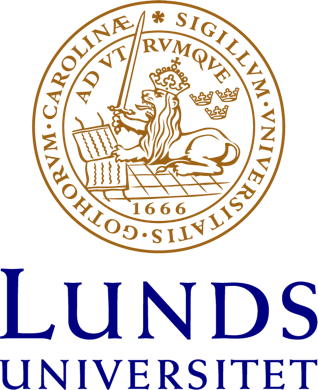sep
CogSem Seminar: "Intertwining the body and signification in phenomenology and cognitive semiotics" (Jordan Zlatev, LU)
I will be giving this plenary talk that combines recent work, but hopefully in a new way, and look forward to your feedback. The conference I will be attending at University Bozen-Bolzano the week after (there will be no CogSeminar then) is in a field that is new for me: Embodied Education, but apparently quite relevant for cognitive semiotics: https://www.unibz.it/en/events/1st-specialist-seminar-on-embodied-education As usual, all are welcome starting from 15:00 in the room or on the link with cameras on. The talk will start at 15:15.
While certain current theories from cognitive linguistics like Conceptual Metaphor Theory commonly pay lip service to the crucial role of human “embodiment”, the depth of their understanding of the body rarely go beyond reductionist conceptions such as “the cognitive unconscious” or “the sensorimotor centers of the brain”. As phenomenology, and in particular the work of Merleau-Ponty has shown, the constitutive role of the lived (human) body for meaning making and thinking runs much deeper than this. In the fundamentally creative, and incapable of formalization, act of expression: “knowledge and communication sublimate rather than suppress our incarnation, and the characteristic operation of the mind is in the movement by which we recapture our corporeal existence and use it to symbolize instead of merely to co-exist.” (Merleau-Ponty 1964, p. 7)
In my presentation, I explicate some aspects of this phenomenology of perception and expression with the help of a model that derives from cognitive semiotics, the Motivation & Sedimentation Model (e.g., Zlatev 2023; Zlatev & Moskaluk 2022). MSM schematically distinguishes between three levels of meaning-making: Embodied, Sedimented and Situated, intertwined with relations of motivation on the one hand, and individual and social sedimentation, on the other. On this basis, I propose first a theoretical and then an empirical analysis with potential implications for the field of embodied education.
Theoretically, I show that the MSM-based analysis of meaning makings shows why currently popular Large Language Models (LLMs) and their corresponding “AI chatbots” like ChatGDP are necessarily deprived of meaning. In short, they operate only on sedimentation links between statistically defined language patterns, and corresponding sub-expressive formulations. Any “meaning” and “creativity” is projected onto them by people, since (a) there is no bodily experience to motivate such structures in the first place, and (b) no creative situated sign use from which these structures can sediment from. Empirically, I show how MSM can be used to operationalize metaphors with different degree of creativity, in language as well as other semiotic systems like depiction, based on the degree to which they are motivated by the Embodied level of meaning making.
Merleau-Ponty, M. (1964). The Primacy of Perception. Northwestern University Press.
Zlatev, J. (2023). The intertwining of bodily experience and language: The continued relevance of Merleau-Ponty. Histoire Epistémologie Langage 45(1), 41-63. https://journals.openedition.org/hel/3373
Zlatev, J., & Moskaluk, K. (2022). Translation validity in metaphor theories. In A. Bagasheva & B. Hristov (Eds.) Figurativity and Human Ecology, pp. 123-250. John Benjamins.
Om händelsen:
Plats: IRL: room H402, online: https://lu-se.zoom.us/j/61502831303
Kontakt: jordan.zlatevsemiotik.luse
